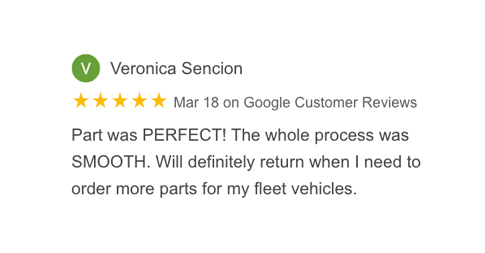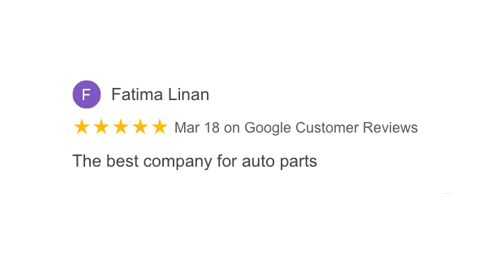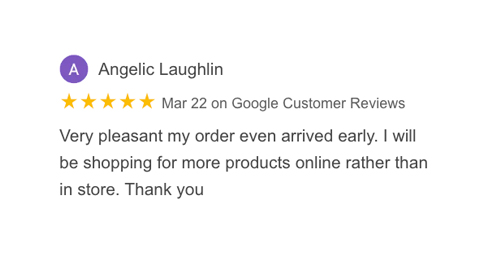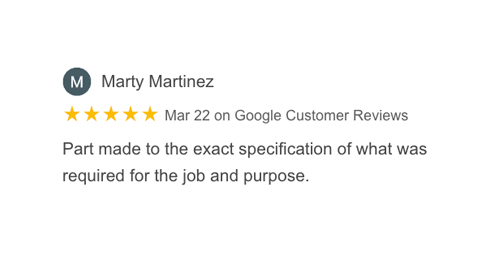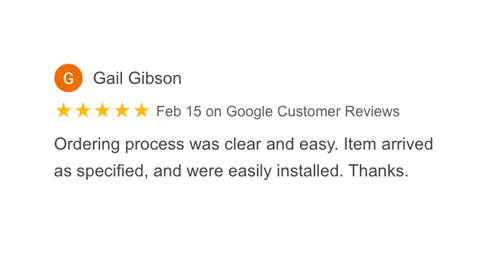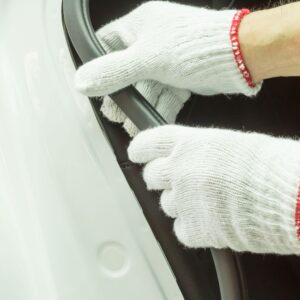Did you know your car may have lost its value by up to 50% over the first three years? For reference, a $50,000 car will only be worth $32,000 at the beginning of year three.
Your car will naturally lose its value over time, with the average depreciation rate at 20% for its first year, then around 15% yearly until the four or five-year mark. There are a handful of reasons why used cars depreciate fast.
Unfortunately, you can’t prevent depreciation, but there are steps you can take to limit how much value your vehicle loses. One of which is performing regular maintenance and replacing damaged or worn components.
Parts to Replace to Increase Your Vehicle’s Value
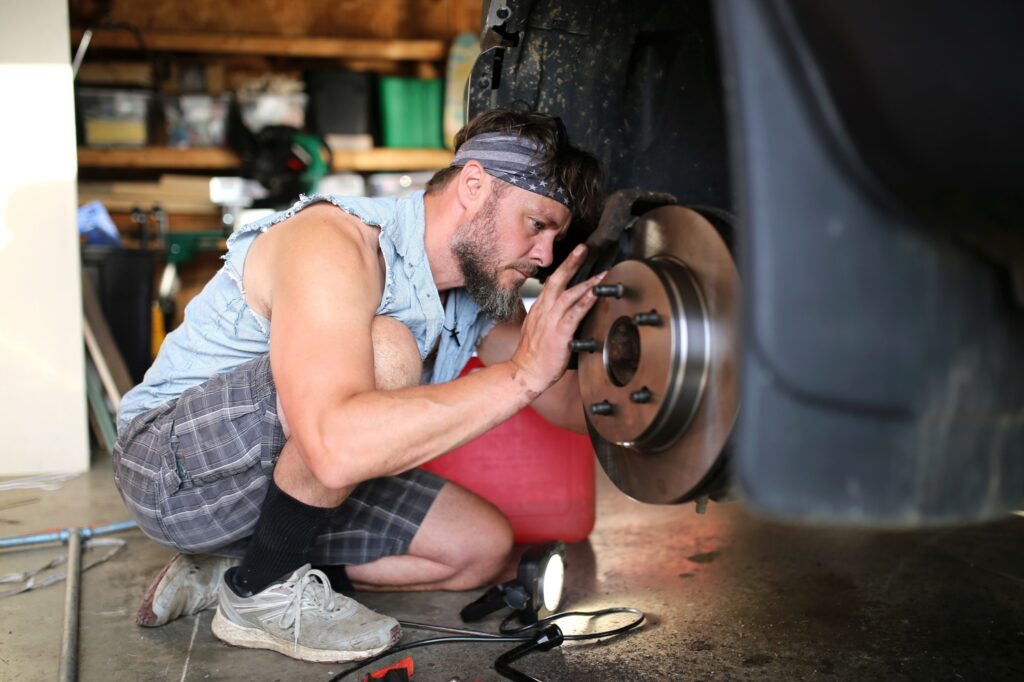
Conducting repairs and upgrades before selling your vehicle may increase its value, but some are worth more than others. Replacing worn shocks, struts, wheels, wipers blades, and windshields may help you get a better price for your vehicle.
Shocks and Struts
The suspension system serves a main purpose: making rides more comfortable. The system absorbs the shocks and energy of driving over bumps using various components.
One way you can increase your vehicle’s ride quality and value is to replace worn shocks. The shocks stop your car from bouncing to keep the tires in contact with the road. Similarly, struts support the car’s suspension by supporting the spring and aligning the tire.
Replacing worn or damaged suspension parts will do wonders for your vehicle’s resale value. After all, anyone in the market for a second-hand car is likely looking for a comfortable one to ride.
Wheels
Damaged wheels significantly affect your car’s value and could even turn potential buyers off. For one, it may signify the vehicle isn’t properly maintained, regardless of how much you took care of other components.
Additionally, damaged wheels can lead to tire damage, wheel misalignment, and other issues that can negatively affect safety and performance. Similarly, it can decrease fuel efficiency, which could be a big turn-off.
Windshield
Driving with a cracked windshield is illegal in states like California. Visible cracks on the glass surface may diminish your car’s value. Consider replacing the damaged windshield to get a better price on your vehicle.
Lights
Lights play a crucial role in safety. Aside from giving you a clear view of the road, they’re also used to communicate with other drivers when making turns, stops, and more.
Dim or inoperative bulbs lead to poor visibility at night and in harsh weather conditions.
As such, it’s best to replace inoperative automotive lights before selling your vehicle.
Wiper Blades
Replacing a worn or old wiper blade shows you took care of your car and didn’t let anything go by during checkups and maintenance.
Tips for Maximizing Your Vehicle’s Resale Value
Of course, replacing worn components is crucial to increase your car’s value. However, there are other ways you could do so. Some include knowing your vehicle’s initial value, fixing mechanical issues, and cleaning your car, among others.
Know Your Vehicle’s Value
It’s hard to increase the value if you don’t know how much it’s valued. Knowing your car’s value should be a top priority if you plan to resell. To do so, use trusted sources like Kelley Blue Book.
Be honest about your car’s condition to get an accurate computation. Also, note that trading in your vehicle will net you less money than selling it on your own since dealers need to make a profit.
Fix Mechanical Issues
One of the most important factors determining a vehicle’s value is its condition. A car with mechanical problems won’t sell more than one that’s properly maintained.
Repairing mechanical trouble goes a long way in increasing the resale value of your vehicle. Fixing minor issues should prove cost-effective once you resell. Research the National Highway Traffic Safety Administration database for any vehicle recalls affecting your car, as some can be fixed for free.
Clean Your Vehicle
Keeping your vehicle clean is also part of maintaining its value. Cleaning it inside and out shows you care for your car, significantly increasing its value. It will also give them the impression that you’re an owner who has taken good care of the vehicle.
Get a Paint Job
Lastly, getting a paint job should increase value because your vehicle will look pristine and brand new. You may also get more value depending on the color of your car. For example, a study found that three-year-old vehicles painted in bright yellow get an added $3,000 in resale value.
Of course, it’s not advisable to change car colors since you’ll have to jump through hoops to have it approved. Generally, a re-touch to fix blemishes should do the job.
Any information provided on this Website is for informational purposes only and is not intended to replace consultation with a professional mechanic. The accuracy and timeliness of the information may change from the time of publication.

